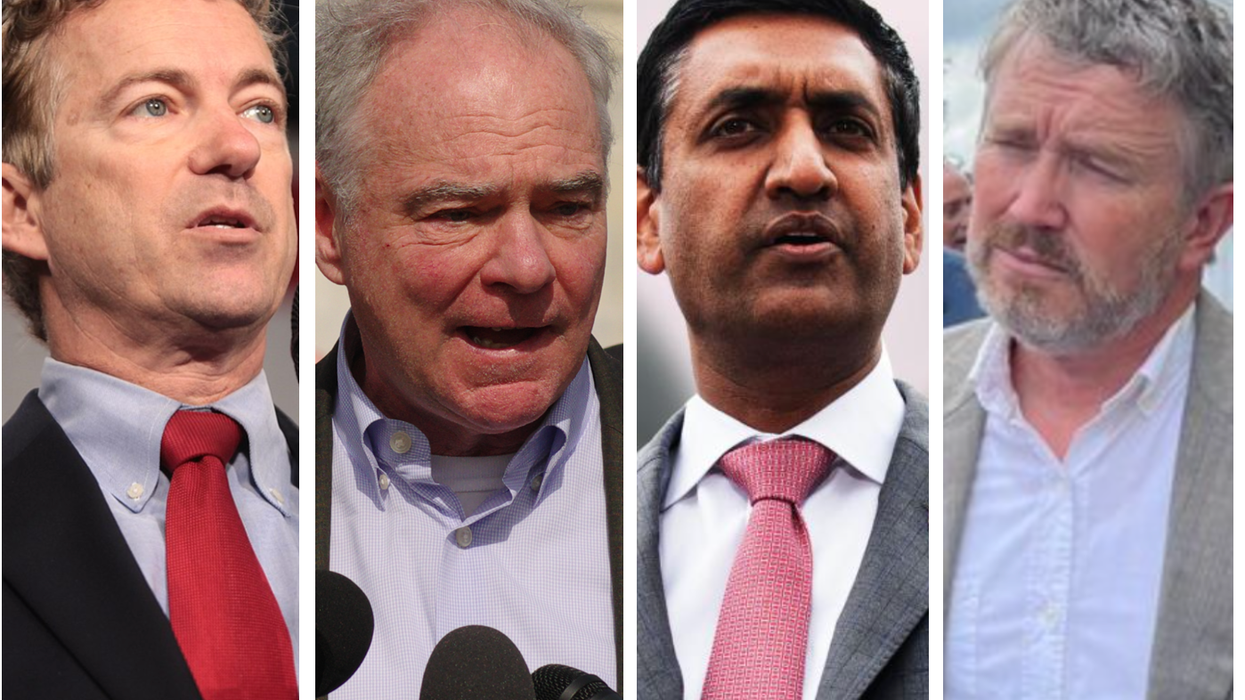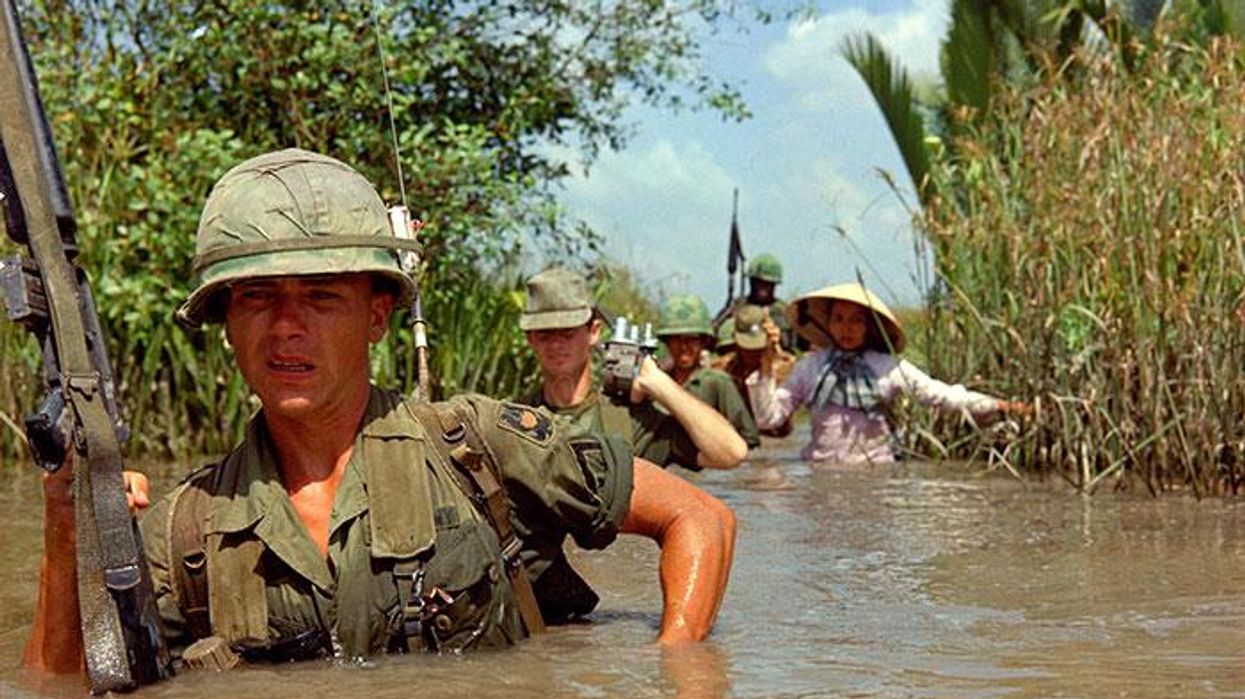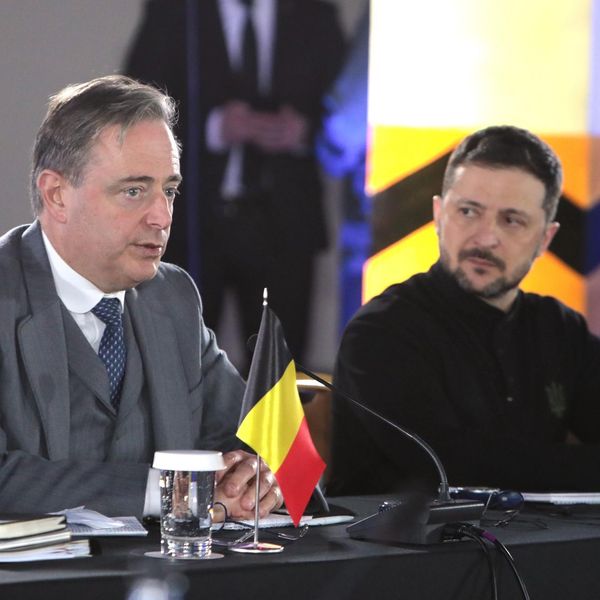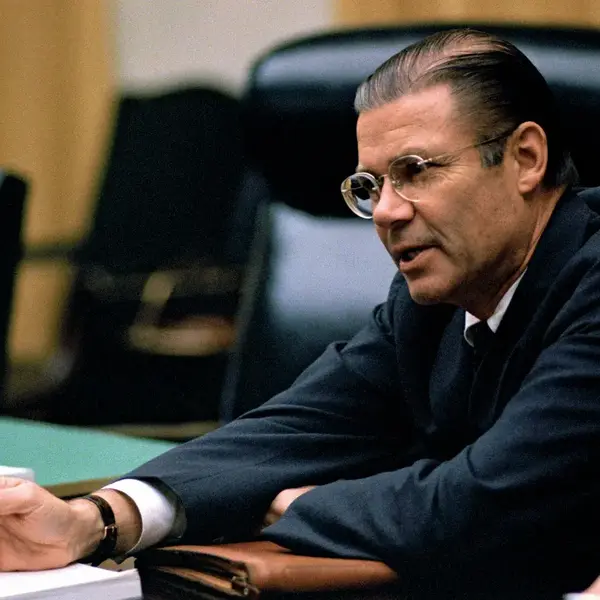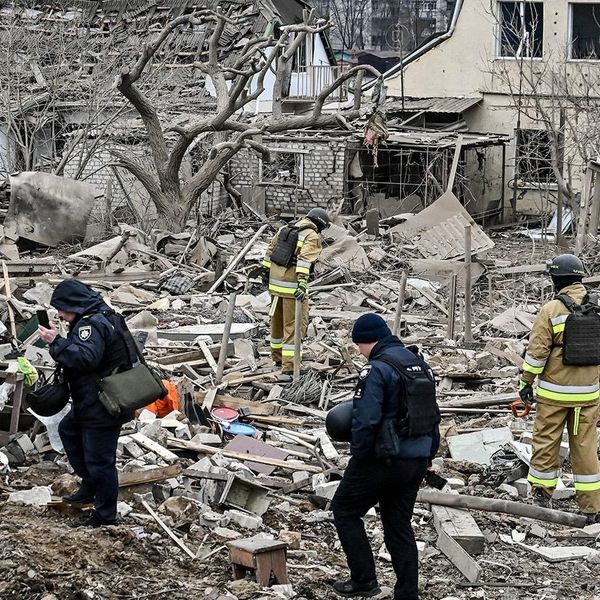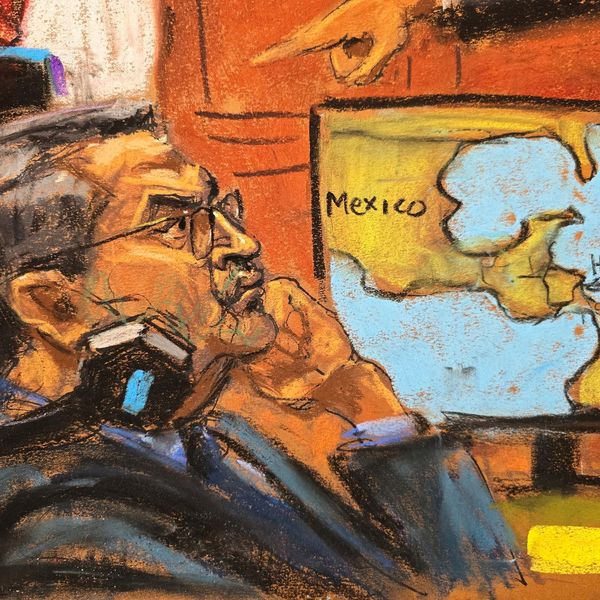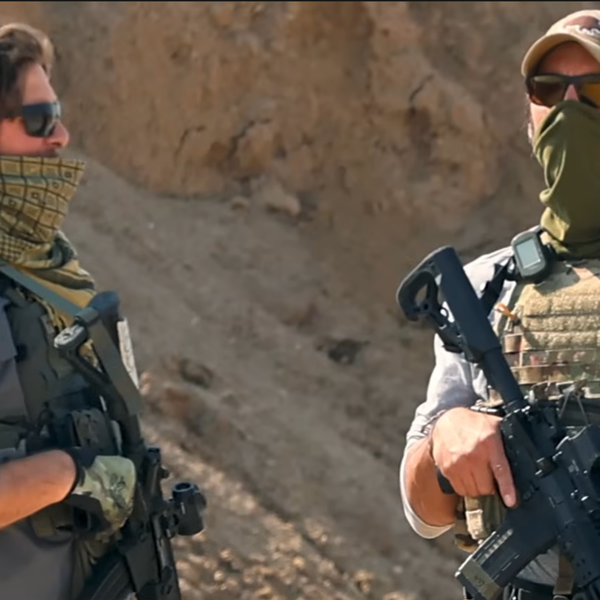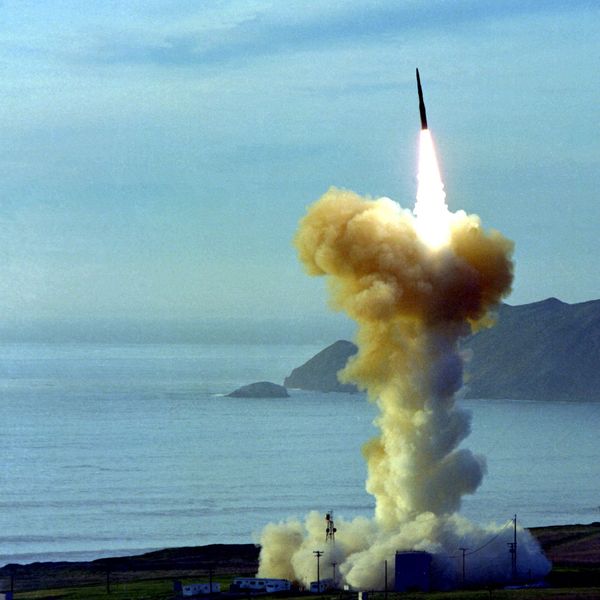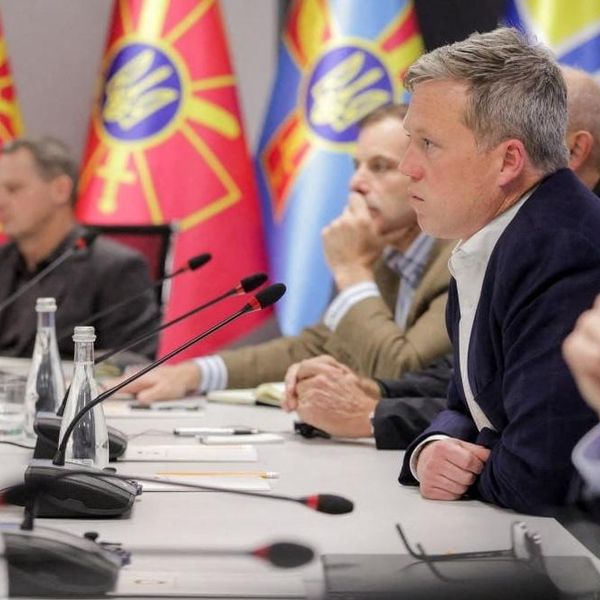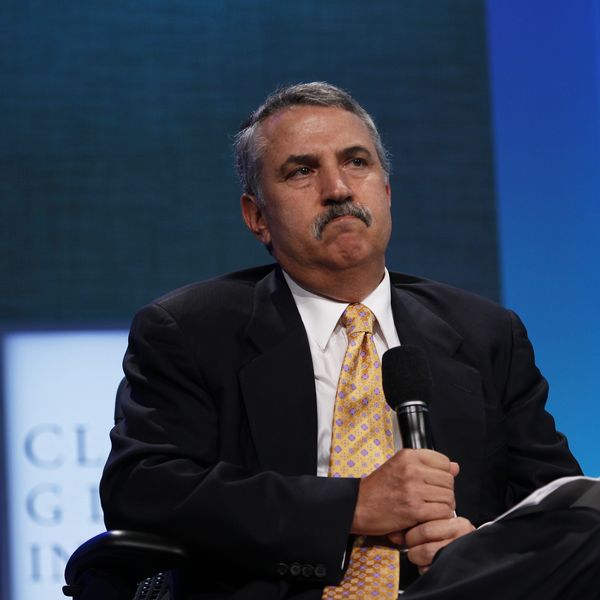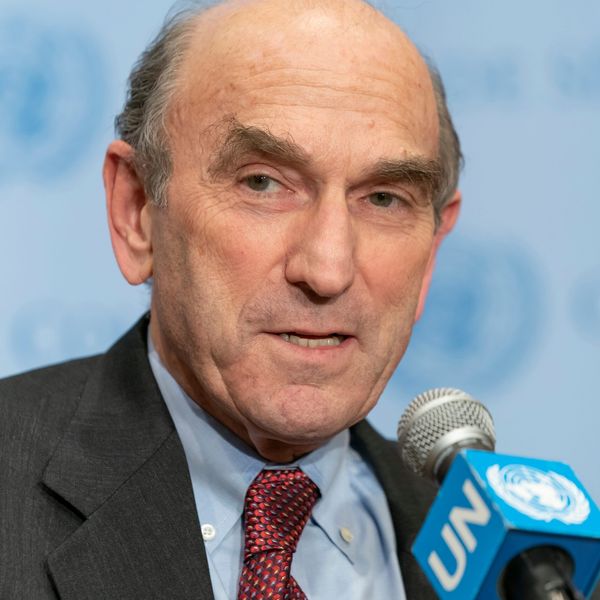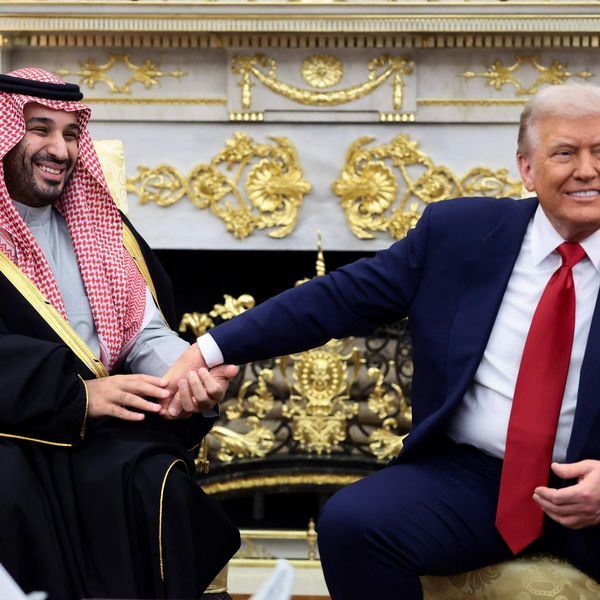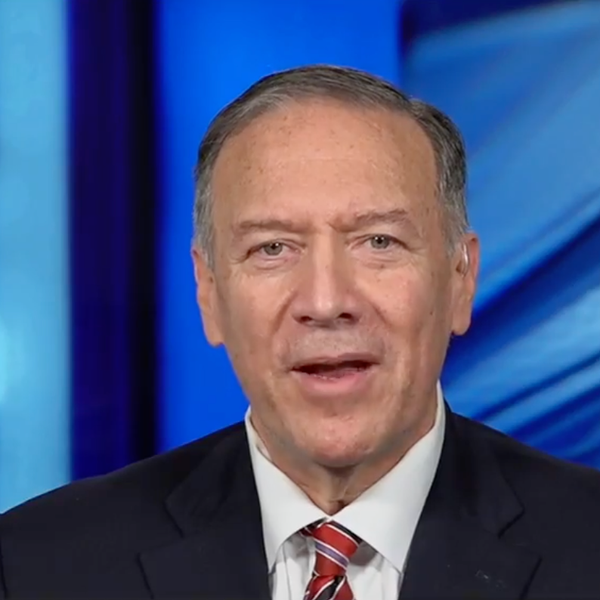This is the 20th anniversary of one of the greatest strategic errors the U.S. has made since 1945: the invasion and occupation of Iraq. The war was based on lies, supported by cowering politicians, and justified by the media. It destabilized Iraq for decades, increased insecurity throughout the Middle East, and permanently damaged U.S. credibility. Worst of all, around 400,000 Iraqis, 5,000 American soldiers, and 3,650 contractors were killed, while thousands more were left wounded, a vast legacy of human suffering.
The Iraq invasion was part of an effort by policy-makers and the military to cure the nation of “Vietnam syndrome,” the idea that America was afraid to use military muscle to assert its will in the world.
The lies, the frightened politicians, the supine media – it all took me back to the 1960s and “our war” in Vietnam. Whether you fought in the jungles, resisted at home, left the country, or just ducked, Vietnam was seared into the soul of every American male born between 1941 (me) and 1955 (a few million others). The lies and the manipulations had a price, then, one from which we failed to learn. “Iraq” was Arabic for Vietnam.
I know where my war began: Armistice Day, November 11, 1963. I rode in a yellow Belgian school bus with 40 other students from 19 countries, getting a guided tour of World War I battlefields near Ypres, the war that was to end all wars.
I was reading Le Monde where Eric Rouleau, with deep sources in Saigon, reported that the U.S. embassy and American intelligence were directly involved in the November 2, 1963, coup that threw out South Vietnamese President Ngo Dinh Diem and his brother, Ngo Dinh Nhu, who served as chief advisor and head of the secret police.
The CIA and the U.S. embassy (Amb. Henry Cabot Lodge and a shadowy CIA agent named Lucien Conein) were in cahoots with the coup leaders. The Vietnamese officers would only act (as Stanley Karnow’s brilliant history of Vietnam revealed) if the U.S. gave the green light. It was complete when Diem and Nhu’s mutilated bodies lay in the back of an armored personnel carrier in Saigon.
The article shook me. What was my country up to in Vietnam? I said out loud, “this is wrong; my country should not be doing this.”
Vietnam was a blip on our radar screen in 1963. We didn’t find out the truth until Daniel Ellsberg courageously leaked the Pentagon’s war history to the media. For the next seven years, the war dogged me every step of the way, with growing intensity. In the end, it changed my life.
Two years later, as a graduate student at Columbia University, I was a summer intern in Washington, DC, my first time in the nation’s capital. I went down to Capitol Hill to have lunch with my Member of Congress, Harold T. “Bizz” Johnson. A pure machine pol – loyal to the Democratic Party, reelected to 11 terms.
Bizz was happy to impress a young intern, until I asked him about Vietnam. He stiffened, disdainfully. “I don’t make foreign policy for the president,” he said, ducking like a lot of Democrats.
But in 1965, we were headed into the big muddy in Vietnam. Commanders were urgently calling for more troops. Lyndon Johnson didn’t want to be the president who lost the war. He nearly doubled troop levels to 125,000 and doubled the draft call, putting the war in the lap of America’s families.
I watched the announcement on a tiny black and white TV in the office of the director of the Arms Control and Disarmament Agency, where I worked. We all grew somber knowing that the decision doomed the agency’s mission of ridding the world of nuclear weapons. A year later, most of those people had left.
I returned to Washington the next summer as part of a small group of fellows from Columbia. Six of us in dark suits and narrow ties sat across the desk from one of the central architects of the war, National Security Advisor McGeorge Bundy.
Bundy gave us the party line – communism, dominoes, American credibility, the body count. We didn’t know what he knew, a common refrain for the war-makers. Americans learned later that Bundy penned the elliptical cable to Amb. Lodge in October 1963: "We do not accept as a basis for U.S. policy that we have no power to delay or discourage a coup." Put another way: “Proceed!”
Men of my generation were fighting and dying in Vietnam. Some of us at home took off our suits, grew facial hair and became anti-war activists. I straddled – an activist and a graduate student wanting to teach about war.
I went to Europe in 1967 to do research, when the war struck again. My draft board stripped my student deferment. I didn’t want to fight a war I didn’t believe in. My wife and I agonized in our little flat in Brussels: I could either fight the reclassification, move to Sweden, or be drafted but try to get a safe assignment.
I decided to appeal the reclassification, with Sweden as the backup. As a privileged, white, middle class American male, I had parents and a university who would make my case. The decision was reversed. A lot of men I know, or knew, were not so lucky.
By 1968, Vietnam was everywhere. In the lobby of the Hotel Pennsylvania, surrounded by professors and students at a national conference, I debated, at high voice, the ridiculous plan to build an electronic barrier that would prevent the North Vietnamese and Viet Cong from using the Ho Chi Minh trail. Scholars swirled around our angry fight.
My advisor humored me. He nominated me for a prestigious fellowship to work for Henry Kissinger. “I won’t work for a war criminal,” I said. He got me a position as an Assistant Professor at Columbia instead and hoped I would change my mind.
Activism and career plans had a train wreck in 1970. That April, Nixon and Kissinger ordered the invasion and bombing of Cambodia. We took our classes to the lawn, talking only about the war. A month later, four Kent State students were killed by the National Guard at a war demonstration.
A graduate student invited me to speak in support of students occupying the physics building. I agreed, castigated the administration in DC for the war and the university administration for allowing the physics faculty to work with the Pentagon, among other things, designing that stupid electronic barrier.
Two years later, my mentor died. Two weeks later, the senior member of the political science faculty fired me. “You will get six years at Columbia, like every assistant professor,” he said. Then he leaned forward and pointed at me: “But you will never, never get tenure at Columbia University.” My crime: not that I opposed the war, but that I supported an illegal occupation!
My life plan was dead. Floundering for a few years, I hung out with a former student who had spent his year in Vietnam dropping hand grenades from Army helicopters onto Viet Cong field hospitals, roofs clearly marked with a red cross. Eventually, his PTSD led him to the psych ward.
I rebuilt my life around activism and research, and created a think tank. Then, and now, Vietnam is the one policy issue and personal experience that moves me to deep anger and sorrow.
In 1984 my daughter, 13, and I went to the Vietnam memorial, that brilliant, dark remembrance. It is honest, somber and simple. We walked along the black panels to the center, and tears were streaming down my face. My daughter looked up and asked me why I was crying. “Because there are 58,000 names here that shouldn’t be here,” I answered.



